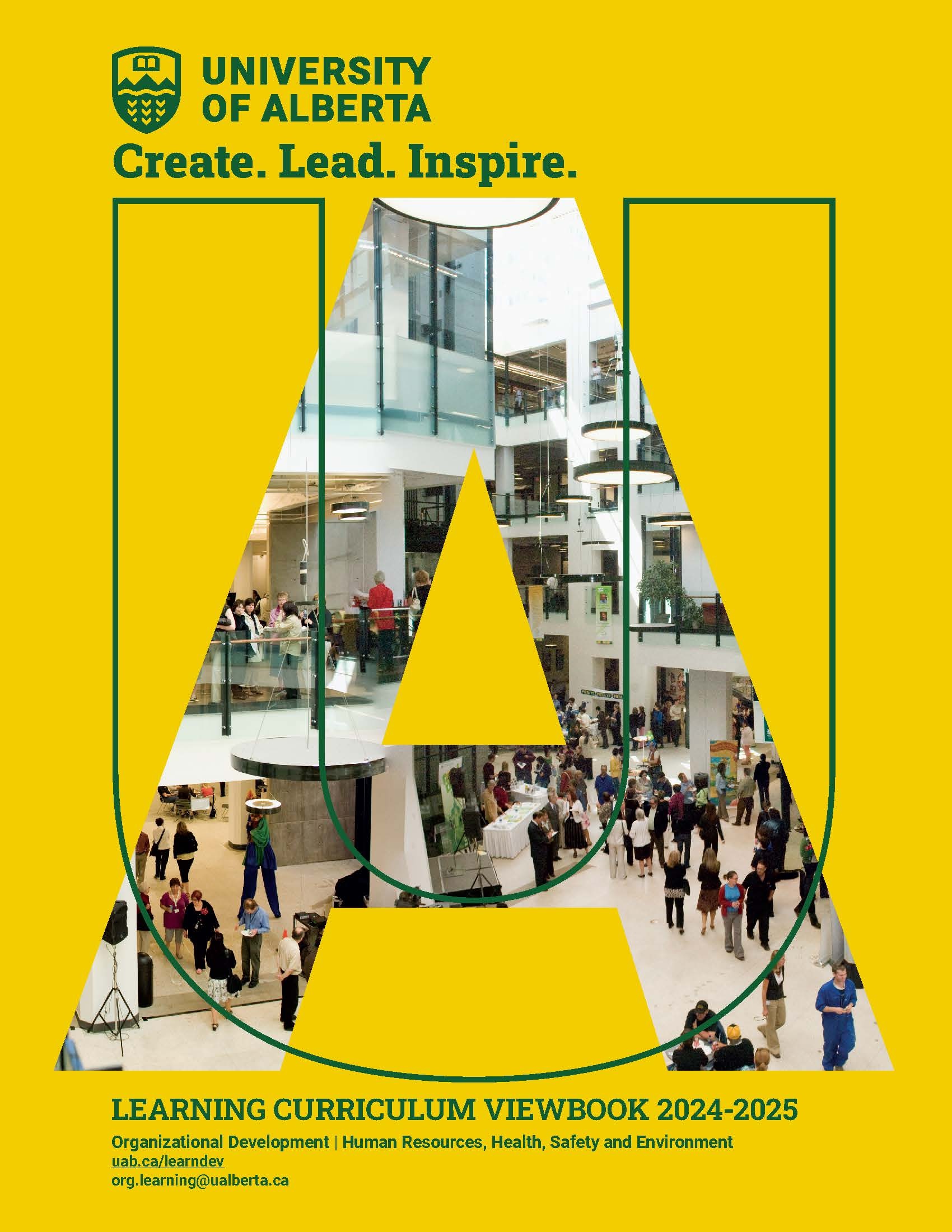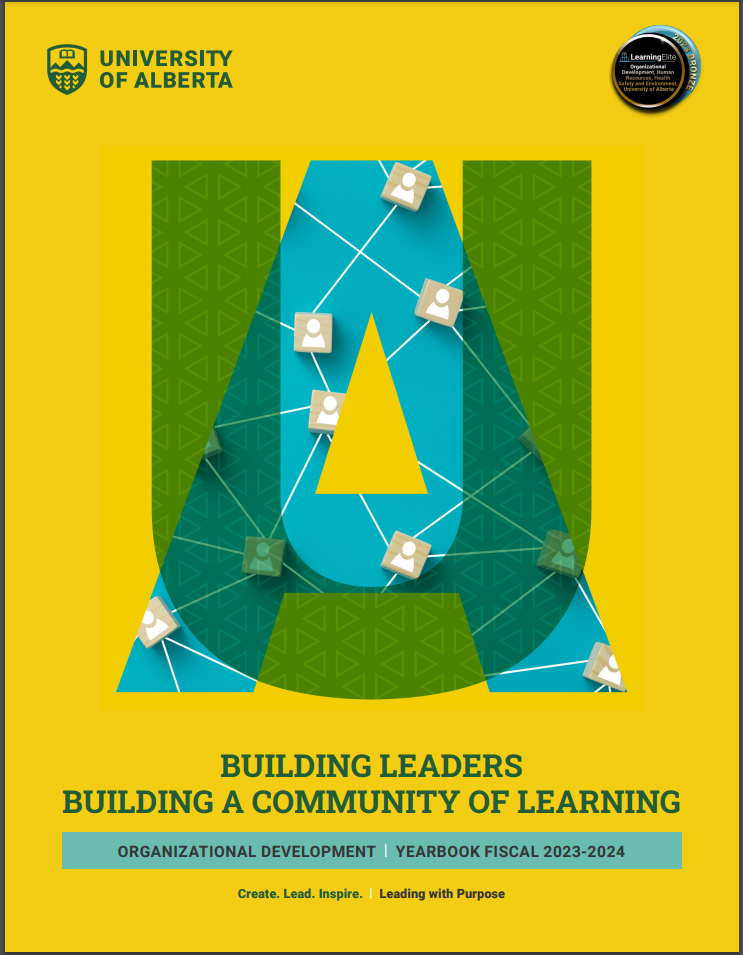Workplace Skills Context

How we go about our work at the University of Alberta is guided by our core values and shared commitment to excellence in teaching and learning, research, and community engagement.
Whether you serve as support staff, serve as an academic administrator, or are engaged in teaching and research, every University of Alberta employee contributes to our teaching and research mission, and shares responsibility to uphold our values.
Over the last several years, the University of Alberta has experienced tremendous change–perhaps unlike any other time in its history.
- A global pandemic profoundly disrupted the workplace laying the foundation for a hybrid work model and the Work from Home Program.
- The university came under the direction of new leadership, experienced provincial funding cuts, and embarked on a strategic transformational process that reimagines our operating model, also profoundly changing how work is accomplished at the U of A.
In meeting these goals, University of Alberta employees need to:
- Be effective communicators who are able to use adaptive communication skills in the exchange of information and diverse ideas, and to openly explore perspectives to create a shared understanding.
- Demonstrate personal effectiveness through positive strategies for coping, wellness, self-development, and relationships that enhance performance, achieve desired results, and work towards personal goals.
- Work with others in a way that reflects an understanding of the interdependence and interconnected nature of the organization.
- Be problem solvers and innovators by anticipating opportunities and challenges, thinking critically, taking the steps required to make sound decisions, and finding creative solutions to the challenges we face.
- Strive for process excellence and work towards the continuous improvement of the way that work is done by aligning people, tasks, processes, and technologies to enhance efficiencies and meet the needs of the end user.
- Translate and leverage their workplace skills into the hybrid workplace in ways that allow teams and individual contributors create a productive, psychologically safe working environment that drives effective communication, collaboration, and excellence.
Workplace Skills Curriculum
Workplace Skills focuses on 6 curricular areas. During the first phase of workshop development one new workshop is being developed for each of 5 areas. An additional session focused on difficult conversations was added at the request of our HR Service Partners.
- Communication: Communicating with Impact.
- Personal Effectiveness: Managing Time Authentically.
- Working with Others:
- Collaborating in a Complex Environment.
- Impactful Conversations and Conflict Resolution.
- Problem Solving and Innovation: Mindsets and Skills for Today's Problem Solver.
- Process Excellence: Strategic Thinking and Planning.
Why is management not included in the curriculum?
The initial workplace skills curriculum included management as a topic area. The needs analysis revealed the need for a stand-alone program for supervisors that provides education on the essentials of managing in a unionized environment.
Management Intensive was launched in 2022 in response to this need. This 4-day intensive provides fundamentals of managing teams, frames management within a unionized environment, speaks to our current context as an organization, and is customized to meet the needs identified in the workplace skills needs analysis.
Learn more about the Management Intensive.
How did we approach the needs assessment?
In March 2022, Human Resources, Health, Safety, and Environment initiated a needs assessment to develop a better understanding of the workplace skills employees need to meet the challenges of the current context.
In this multistep process we strived to build the workplace skills curriculum and workshops with leaders and individual contributors by:
- Completing an environmental scan of industry practices and consulting with HR Service Partners.
- Engaging more than 700 employees in a campus-wide survey.
- Collaborating with employees curriculum brainstorming sessions and follow up feedback sessions to review preliminary session designs.
- Integrating what we learned at each stage and continuously refining our approach.

